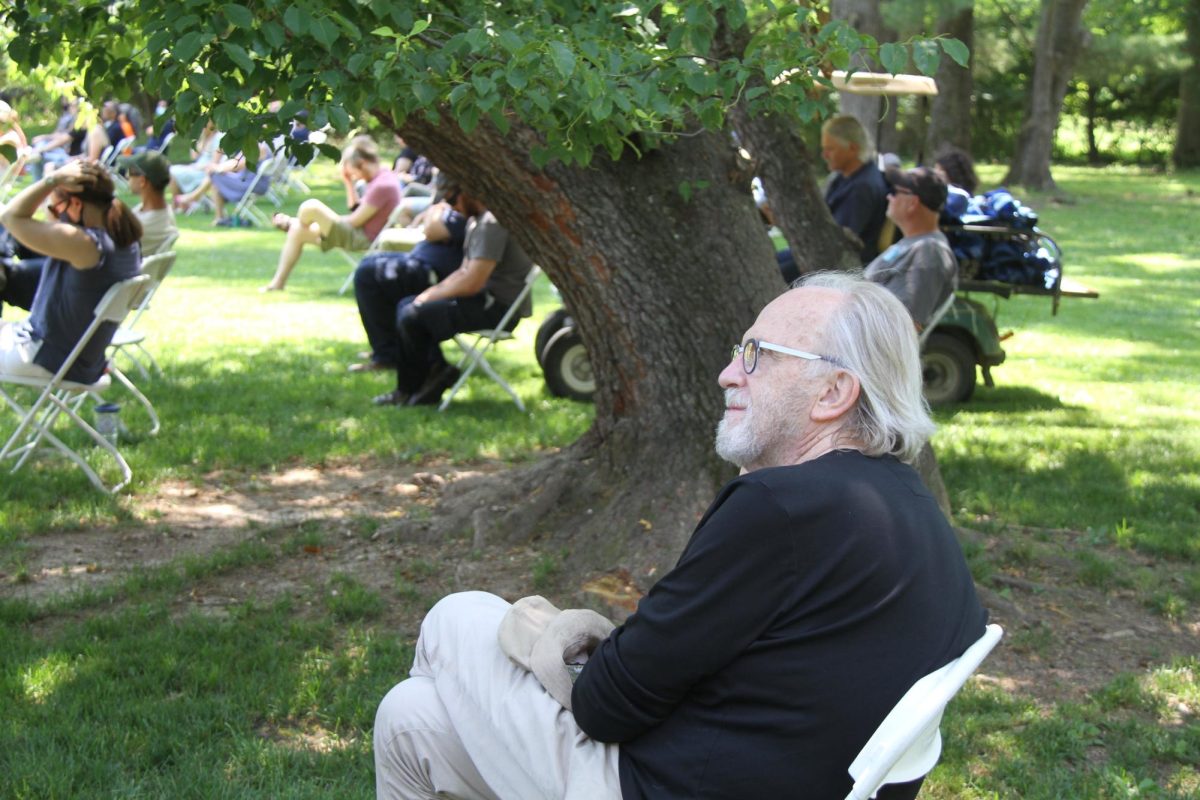While it is important to exercise our right to vote, it does not always matter

Abby Cohen, Contributing Artist
October 5, 2015
I remember the first time I walked into a voting booth with my father. Pressing the button to cast “my” vote felt incredibly powerful, as if my simple action could determine who the leader of our country would be. As a five year old, I imagined a giant screen with numbers projected under candidates’ names, continuously growing while officials waited for the counting to stop. Then they would just see which number was higher and declare the next President of the United States.
I wish that was the way voting actually worked. Instead, despite the popular vote tally, the election is determined by the Electoral College – 538 designated electors divided among the states by population. Based on each state’s popular vote, electors chosen by and pledged to a specific party cast the determining votes. Initially, this sounds like it would reflect the country’s popular vote, but there are rules that undermine the power of the vote. All but two states give all votes to that state’s majority winner. In a democracy, all votes of the people are equally important to determine the outcome. But in the U.S. – a constitutional republic – your vote only “matters” if it is with the majority of your state.
The winner of the popular national vote and the winner of the electoral vote have only conflicted three times in history: the 1876 Hayes/Tilden election, the 1888 Harrison/Cleveland election, and most recently the 2000 Bush/Gore election. While controversies, these kinds of outcomes were intended by the Founding Fathers. The Electoral College was created to provide a safeguard against the people’s will. Why? Simply put, the Founding Fathers did not trust the people’s judgment. They believed people might vote for selfish reasons or might favor an unqualified candidate. These risks were deemed higher in those days because people were uneducated and uninformed due to lack of communication technology. Thus, the electors were given the power to make the “right” decision. To this end, there is still no national law that prevents electors from voting against their state’s majority. While this kind of elector action is very rare, and many states impose minor punishment for this, electors remain free to completely disregard the people’s vote.
The Founding Fathers may have created this system to serve the people’s best interests, but that was in a different time and under different circumstances. Times have changed, and the voting process should be amended to reflect our modern society. With a mandatory high school-level education and advanced global communications systems, we now have the resources to make an informed decision after judging the beliefs and positions of presidential candidates. We deserve the right for each and every vote to be equally heard and respected.
Despite all of this, individual votes are not meaningless. While the sanctity of voting may be an illusion, it is still important to exercise our right to decide the president, even if that decision is not fully ours. Votes may only really count when in unison with the majority, but that majority is unknown until all votes have been counted, and the only way to be sure that your vote will not count is to never cast it.





